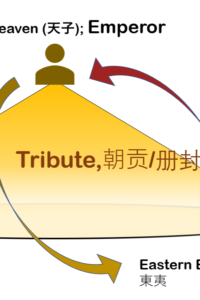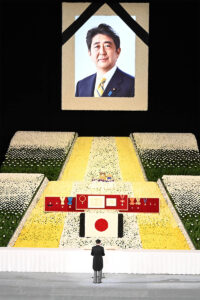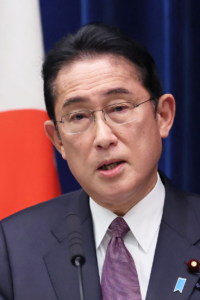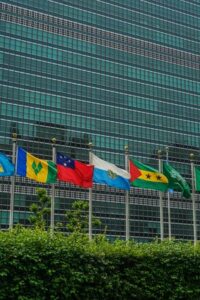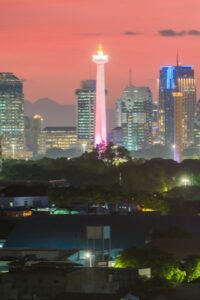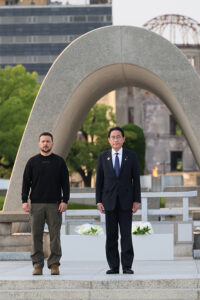
President of Ukraine Volodymyr Zelenskyy, who visited Japan for the G7 Hiroshima Summit, associated “post-reconstruction” Ukraine with Hiroshima. As the holder of the G7 presidency and as a country providing reconstruction assistance in Ukraine, what does Japan need to do at this time? Higashino Atsuko, Professor, University of Tsukuba “I will never forget the attention you have paid to Ukraine and especially the support you have expressed for the sovereignty of Ukraine, its territorial integrity, and the Ukrainian people.” President Volodymyr Zelenskyy, who attended the G7 Hiroshima Summit in Hiroshima in May this year, thanked Prime Minister Kishida Fumio with these words. The world’s eyes focused on this president of a country currently under invasion from Russia as he arrived in faraway Hiroshima. Various reports from after the summit suggest that the Japanese government was initially hesitant to have President Zelenskyy ... ... [Read more]

